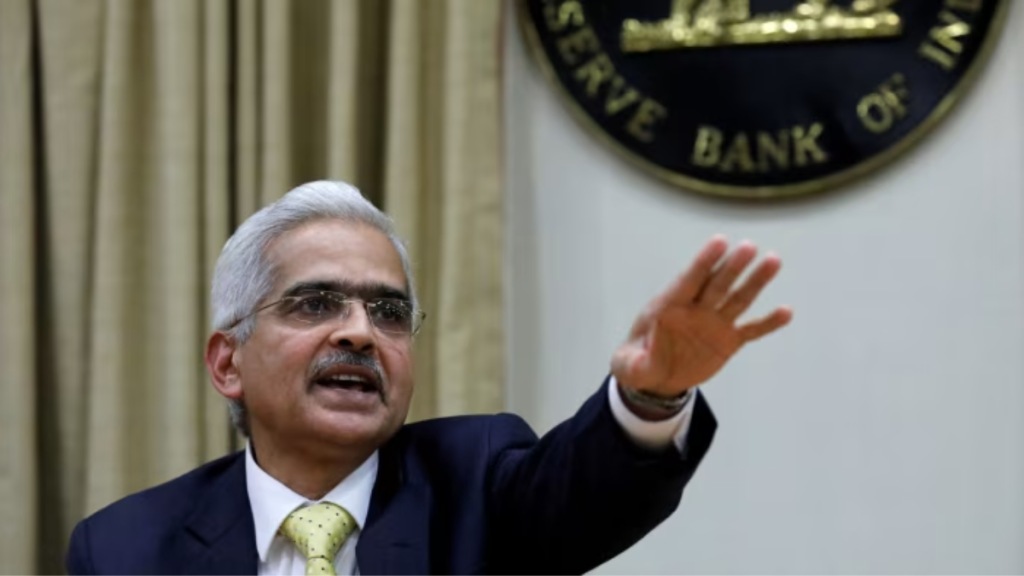After taking action against two non-banking financial companies (NBFCs) due to concerns regarding their business practices, RBI Governor Shaktikanta Das stated that there is no “system-wide” problem with such lenders.
During the post-policy press conference, Das said it’s unfair to view the actions “which occurred on consecutive days last month” from last month as a “spate” of regulatory interventions.
“As a part of the supervision, we take regular review of all players, particularly the major players. I don’t want to say that this is a system-wide problem because we have supervised all the players. The action is only in outlier cases,” Das said
.
Previously, he also mentioned that the nation’s financial sector is “stable”.
He stated that if RBI officials identify any deviation or non-compliance during the supervision process, the primary approach is to sensitize the management of the entity on a bilateral level to initiate corrective action.
He explained that regulatory actions are triggered only in cases where significant or persistent problems are identified.
It’s worth noting that on March 4, the RBI directed IIFL Finance to halt the sanctioning or disbursing of gold loans with immediate effect. Additionally, it barred J M Financial from providing loans against shares and debentures immediately due to observed issues in loan processing and governance.
During a discussion with reporters on Friday, Das emphasized that there are over 9,000 registered non-bank lenders, with the RBI having intervened in the operations of only two such entities, along with a payment bank.
Hence, he emphasized that it would be incorrect to perceive this as a spate of actions.
Meanwhile, Das stated that by this month-end, the central bank will unveil a framework on FinTech Self-Regulatory Organization, and the first of such bodies will come into existence this year itself.
Deputy Governor Swaminathan J stated that it is imperative for banks to oversee the end use of funds in accordance with regulations. He further added that the central bank will take action against entities found to commit “egregious” violations.
